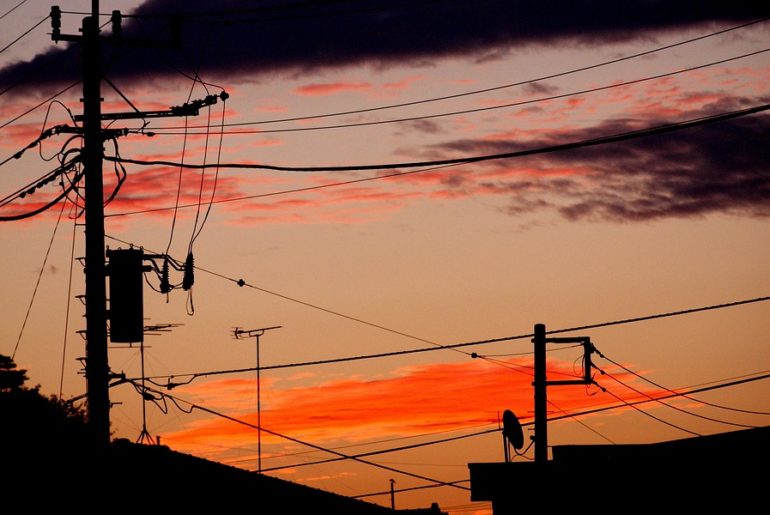To read the second part of this article, please click on this link: https://lubnah.me.ke/before-dawn-part-2/
What exactly constitutes making it in life anyway?
Is it an enormous bank balance with multiple health problems accumulated over the years? Is it owning three companies while having strained relationships with your children because you were never there for them? Is it being a workaholic only to be let go the moment you get sick? Do we all have to become doctors and engineers to be counted as worthy children or citizens (as many in our society perceive)?
This mindset problem is not only within the school systems but with the majority of parents too who’d rather see their children slaving around than ride a bicycle during a weekend. A child’s performance in school should never determine their validity or worth.
Most times, all these kids need is someone who will hold their hand with love and guide them through life until they find their calling, rather than constant admonishing and mocking. I am not saying you don’t push them to do better but don’t push them off the cliff either. You can’t measure a fish’s intelligence by asking it to climb a tree. What if this child is a fish and she is best at swimming? How will she know what she is capable of if you are all confining her in a box with your set standards of intelligence?
How many first-class degree or master’s holders are currently in low-paying jobs, despite their endless hard work? And how many students that were considered ‘failures’ are now thriving in life because they followed their passion and achieved their dreams?
The greatest joke of all is the thought that once you start working you can finally settle down and have some peace of mind. Says who?
You spend the next two, three years after university, tarmacking, in search of a job. If you’re lucky you have a spot saved for you at your family business or like others, you resort to giving bribes and nepotism just for a chance at an interview.
By the time you get that job, you have tried five different businesses that failed miserably. At one point you even worked as a type-writer at the cyber in your neighbourhood despite your hard-earned glorious bachelor’s degree. Sometimes, even with your master’s degree, you end up working in a different field. How many intelligent and successful individuals with high academic achievement and degrees have we seen on the news selling water or working at salons? Some opt to go outside the country in search of greener pastures and the debate has always been: is the grass really greener on the other side? Very few privileged individuals get an opportunity to choose which job to go for. We mostly just grab the first chance we get regardless of our passion, our dreams, our capabilities, or even our academic field.
Having a job doesn’t guarantee you rest either because now you have to arise early to avoid the terrible traffic jam to get to work in time, and your days are now a matter of clocking in and clocking out. Most Kenyans also have to work more than one job or get employed while also having a side gig in order to survive the tough economy in our country. A mundane and very tiring routine but you gotta do what you gotta do right?
You will get the time to rest.
That’s the biggest scam that is fed to us when we’re young. It never gets easier. The responsibilities double and triple. You get out there and see how everyone is hustling and fighting so hard to make it. It is survival for the fittest, and if you’re not a shark then you get eaten at the first chance.
The reality of life is that it has no formula. None of us can ever be sure what will lead to our eventual happiness and satisfaction in life. We might think we know until we realize we don’t. We’re all just trying our best. So we might as well do everything in moderation; studying smart, working smart, and living smart. None of us has to die from burn-out for a job that would not mourn us more than one day. The perfect illustration of this is how many employees got fired between last year and the current one due to the pandemic. We do understand that the pandemic was beyond anyone’s control and that the entire world has suffered physically, emotionally, and economically. Nonetheless, it is proof enough that slaving for a company can never guarantee your place in it. Competence and integrity at the workplace are highly recommended but they shouldn’t lead one to poor physical and mental health.
I don’t know who came up with the idea that the future should be about survival, but it shouldn’t be! Instead, it should be about thriving, supportive families and providing a positive, conducive environment for growth. It might be too late for the majority of the adults to change their childhood experiences or how they perceived life then, but we can make a difference now for our children and students. This is the generation known for its abundance in information and self-awareness, for the bravery and courage to break ‘generational curses’. And so we’ll use that to be better, both for ourselves and for future generations.
If I was ever given the chance to go back in time to when I was a child, I’d sleep more. I’d play more. I’d read more books. I’d take care of myself. I’d stop worrying about an endless future. I’d work on my writing talent more and build myself. I would make more friends. I wouldn’t cry myself to sleep just because I didn’t get a 98% or 100% in maths. I wouldn’t skip my meals in a rush to get to school. I wouldn’t allow the pressure to seep into my veins. I would ensure I had the best childhood I could afford to have.
Right now, what I consider important is very much different from what I thought at school. You grow up and realize the importance of good health and physical fitness, of mental wellness, of having goals that YOU chose for yourself, of nurturing talents, of having faith and integrity, of a good support system and social network.
To whoever it may concern, let these kids be kids. Let them play, let them be silly, and write silly letters to their best friends. Let the only hurt they feel be because their friend refused to share food with them or that their knee got hurt while playing or that they can’t race faster like their mates. They will never be twelve again. Life doesn’t get any easier from here. Please, let these kids be kids.
Before dawn, I see these kids and my heart sinks. Home-schooling seems like a very attractive thing to me right now.
BACKGROUND SOURCES:


